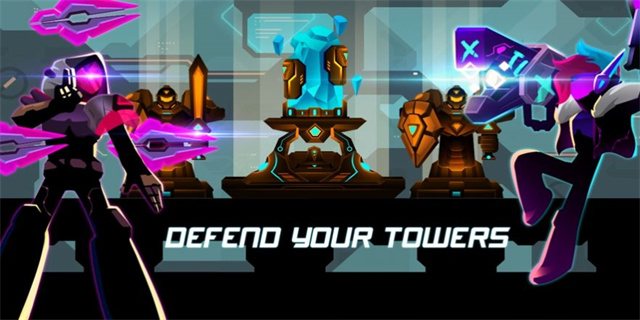skidrow(Skidrow - The Pioneers of the Underground Gaming Scene)
Skidrow - The Pioneers of the Underground Gaming Scene
The Birth of Skidrow
In the vast landscape of the gaming industry, there exists a secret society that prides itself on breaking the established norms and paving the way for innovation. This clandestine group is none other than Skidrow, a name that has become synonymous with piracy in the gaming community. Founded in the early 2000s, Skidrow emerged as a pioneer in the underground gaming scene, challenging the traditional model of game distribution and shaking the industry to its core.

The Rise of the Underground Gaming Scene
The rise of the underground gaming scene can be traced back to the increasing popularity of the internet and the advent of peer-to-peer file sharing networks. The concept of bypassing traditional distribution channels and sharing games directly with one another ignited a wave of excitement among gamers around the world. Skidrow, along with other prominent groups such as Razor1911 and Reloaded, seized this opportunity to cater to the growing demand for pirated games.

Skidrow's approach was simple yet effective. The group would crack the copy protection, known as Digital Rights Management (DRM), on popular games and upload them to various file sharing platforms. Gamers hungry for the latest releases would flock to these sites, rapidly spreading the cracked games to their peers. What started as a small community quickly gained momentum, and Skidrow became the driving force behind a revolution that challenged the very foundation of the gaming industry.
The Ethics of Game Piracy
With the rise of Skidrow and the underground gaming scene came a heated debate about the ethics of game piracy. Traditional game developers and publishers argued that piracy was detrimental to their business, depriving them of revenue that could be used to fund future projects. They condemned Skidrow and similar groups, branding them as criminals and calling for stricter measures against piracy.
On the other side of the spectrum were the gamers themselves. They saw Skidrow as a symbol of freedom, allowing them to experience a wide range of games without the burden of high prices and restrictive DRM. They argued that pirated games acted as a form of marketing, giving players a taste of a game and encouraging them to purchase the legitimate version if they enjoyed it.
Amidst this ethical dilemma, Skidrow continued to operate in the shadows, expanding its reach and cracking increasingly complex DRM systems. The group's name became a badge of honor for those who believed that gaming should be accessible to all, regardless of financial constraints.
The Modern Legacy of Skidrow
As time passed, and the gaming industry evolved, the dominance of Skidrow was challenged by advancements in technology and changes in the industry's business model. Game developers began embracing online distribution platforms, such as Steam, which offered affordable prices and convenient access to a vast library of games. With the rise of these platforms, the demand for pirated games decreased, and Skidrow's influence waned.
However, Skidrow's impact on the gaming industry will never be forgotten. The group revolutionized the way games were distributed and consumed, igniting a movement that forced game developers and publishers to reconsider their business practices. Skidrow's legacy serves as a constant reminder that innovation can arise from unexpected places and that the gaming industry must adapt to the changing desires and demands of its audience.
In Conclusion
Skidrow, a name that has become both revered and controversial, represents a pivotal moment in the history of gaming. Their dedication to breaking the barriers of traditional game distribution and making games accessible to all has left an indelible mark on the industry. Though the underground gaming scene has evolved, Skidrow's role as a pioneer will forever be remembered by gamers around the world.


暂无评论,211人围观